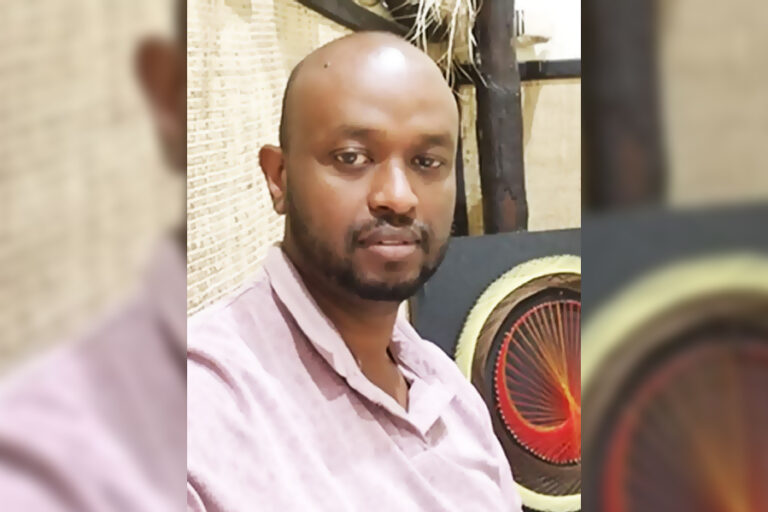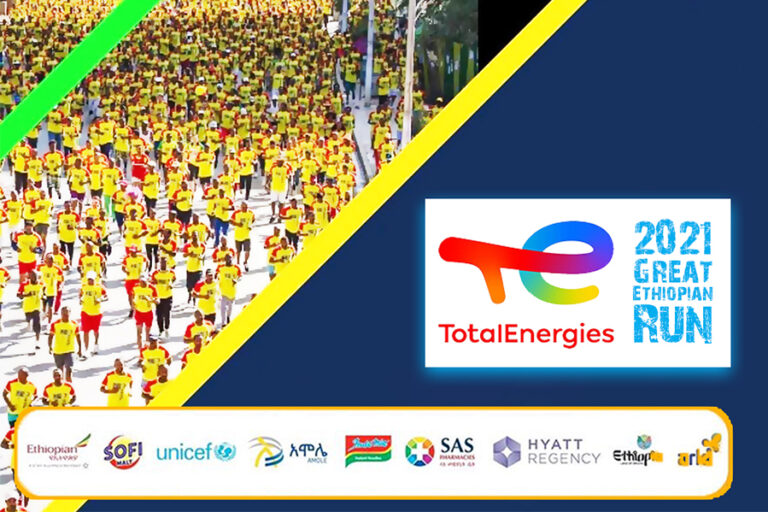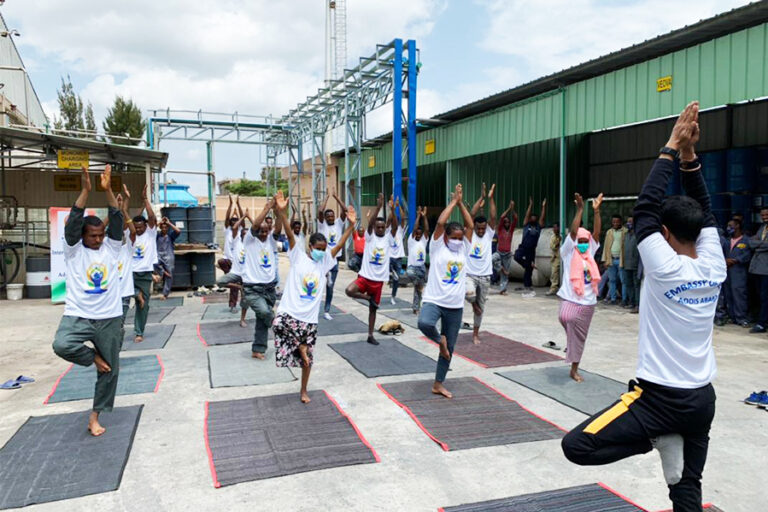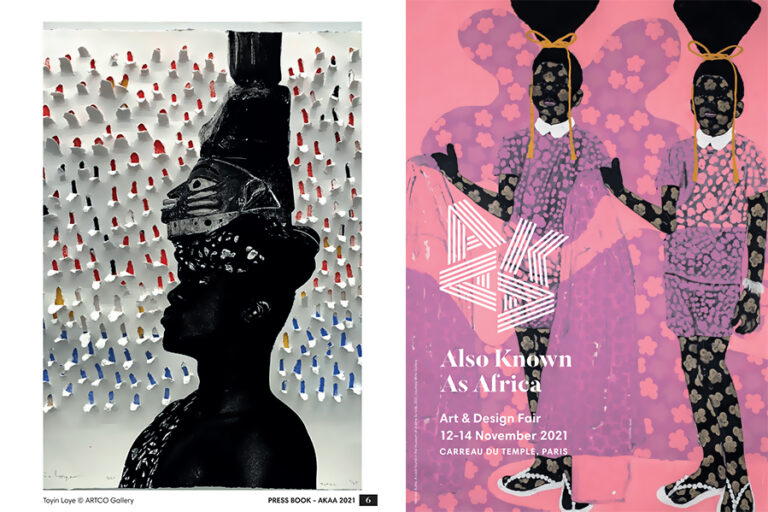Name: Derje Ero Genres
Education: BA degree in Banking and insurance, Diploma in Catering
Company name: Betezemed (ቤተ-ዘመድ) Catering and decor
Title: General Manager
Founded in: 2009
What it does: Provide catering service
HQ: Addis Ababa
Number of employees: 30
Startup Capital: 2,000 birr
Current capital: 1.5 million birr
Reasons for starting the business: To be independent
Biggest perk of ownership: Being an influential service giver
Biggest strength: Hard worker
Biggest challenging: Financial capacity
Plan: To working more on service quality
First career: Civil Servant
Most interested in meeting: PM Abiy Ahmed
Most admired person: PM Abiy Ahmed
Stress reducer: Praying, swimming, reading motivational literacy
Favorite past time: Time at work
Favorite book: The Bible
Favorite destination: Any beach
Favorite automobile: Range rover






